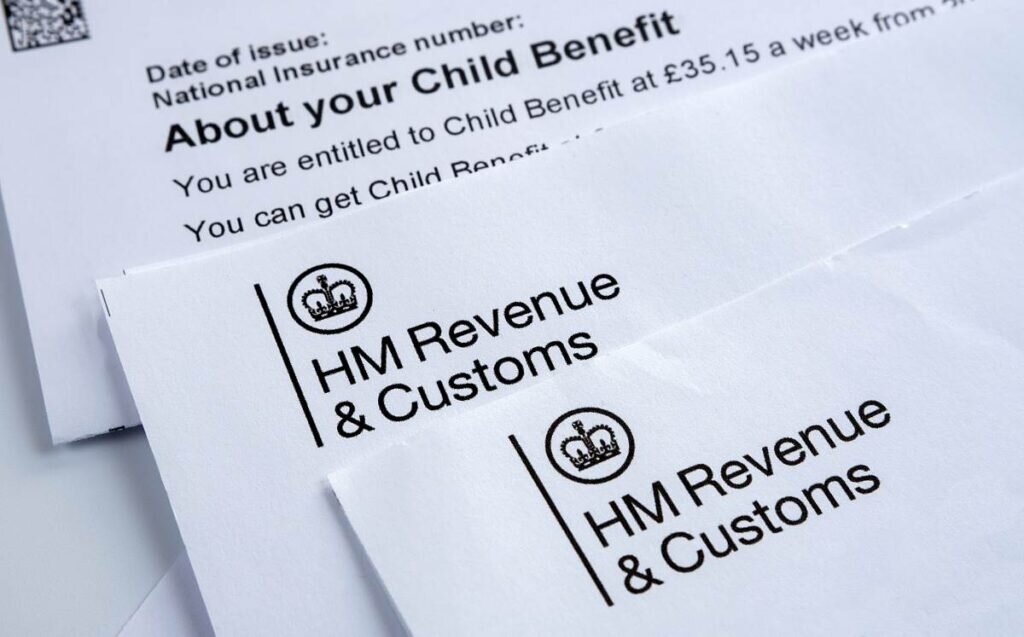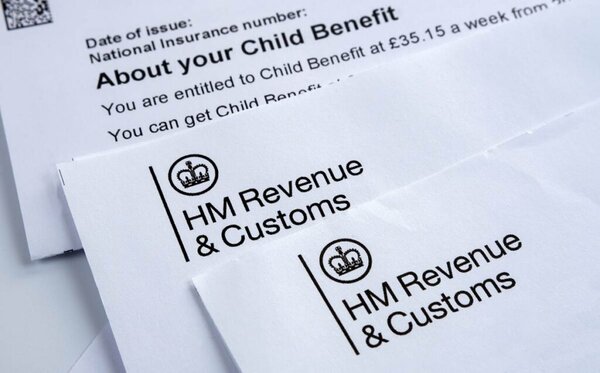Introduction
The process used by HM Revenue & Customs (HMRC) to stop child benefit payments to thousands of UK claimants has come under scrutiny from Parliament. The Chair of the Treasury Select Committee, Dame Meg Hillier, described HMRC’s actions as “cavalier” after individuals lost benefits due to checks on whether they had left the UK.
Issues arose when HMRC changed its method for verifying claimants’ presence in the country, leading to funds being halted for some families based on incomplete travel records. HMRC has since apologised and pledged to revise its procedures to prevent unnecessary financial disruption.
Background to Child Benefit Suspensions
Child benefit is a financial support scheme available to 6.9 million families across the UK. Recipients are ineligible to continue receiving payments if they spend more than eight weeks outside the country. In 2023, HMRC launched a pilot programme aiming to reduce fraudulent claims by checking data from the Home Office on individuals leaving the UK.
This programme expanded to identify those potentially residing abroad, using departure records as a key trigger for investigating claims. However, HMRC discontinued some of its cross-verification steps after the pilot programme, notably ceasing checks with tax and employment data such as PAYE.
This change drew criticism when some claimants had payments suspended because the system recorded their departure from the UK but failed to pick up their returns, particularly when families had only travelled temporarily.
HMRC’s Fraud Prevention Measures
The move to tighten child benefit eligibility was intended as part of a larger fraud prevention strategy. Official estimates suggest the adjustments could save up to £350 million over the next five years. The department sought to identify ineligible recipients by analysing travel histories, cross-referenced with other government data.
The aim was to ensure that only those resident within the UK continued to receive support. Despite these intentions, a significant number of legitimate claimants were incorrectly flagged. By October 2023, HMRC reported that over 3,600 out of 23,794 cases reviewed after initial suspension were actually still eligible for child benefit.
The Role of Data Checks in Eligibility
Originally, HMRC used multiple sources, including Home Office travel data and UK tax information, to confirm whether claimants had returned to the country. When the pilot moved to a wider rollout, some of these checks were removed in an attempt to streamline operations.
According to correspondence from HMRC’s Chief Executive John-Paul Marks, this decision was made to increase efficiency but unintentionally led to errors. Several families experienced benefits being stopped after brief holidays, with HMRC lacking confirmatory evidence of their return.
In some instances, payments were halted solely because systems only recorded an exit from the UK, not a re-entry, despite the claimants' ongoing residence in the country.
Parliamentary Concerns and Public Reaction
The Treasury Select Committee criticised the decision to reduce data checks without a robust replacement. Dame Meg Hillier commented, “HMRC is absolutely right to look at innovative ways to fight fraud and error in our system.
I’m afraid, though, that it appears they have been cavalier with people’s finances, making the arbitrary decision to remove necessary checks and causing a mess they are now forced to clean up.”
Public complaints increased as individuals discovered their child benefit entitlements had been paused following short periods abroad, including simple holidays. Many reported difficulties in resolving their cases swiftly and the financial stress caused.
HMRC’s Response and Policy Adjustments
In response to Parliamentary criticism and public concern, HMRC issued an apology to affected families. Chief Executive John-Paul Marks said new processes had been introduced, including the reinstatement of employment and tax checks to better verify a claimant’s UK presence.
He further outlined that moving forward, claimants flagged by travel data would be given at least one month to provide evidence of eligibility, and payments would not be stopped immediately at the start of an investigation.
This represents a shift towards a more balanced approach, aiming to maintain fraud protections without removing support prematurely from those still entitled to child benefit.
Final Summary
HMRC’s approach to child benefit suspensions has faced significant criticism after claimants unjustly lost payments based on incomplete checks. The department’s attempt to enhance fraud detection resulted in hardship for legitimate recipients, prompting an official apology and policy revisions.
With new measures in place, including improved verification and longer response times for claimants, the focus has shifted toward preventing future errors. Parliamentary scrutiny is set to continue, ensuring that benefit administration balances fraud prevention with fairness and accuracy.
For those seeking insight into tax and financial policy changes, the Pie app remains a useful tool for staying updated on key developments.











